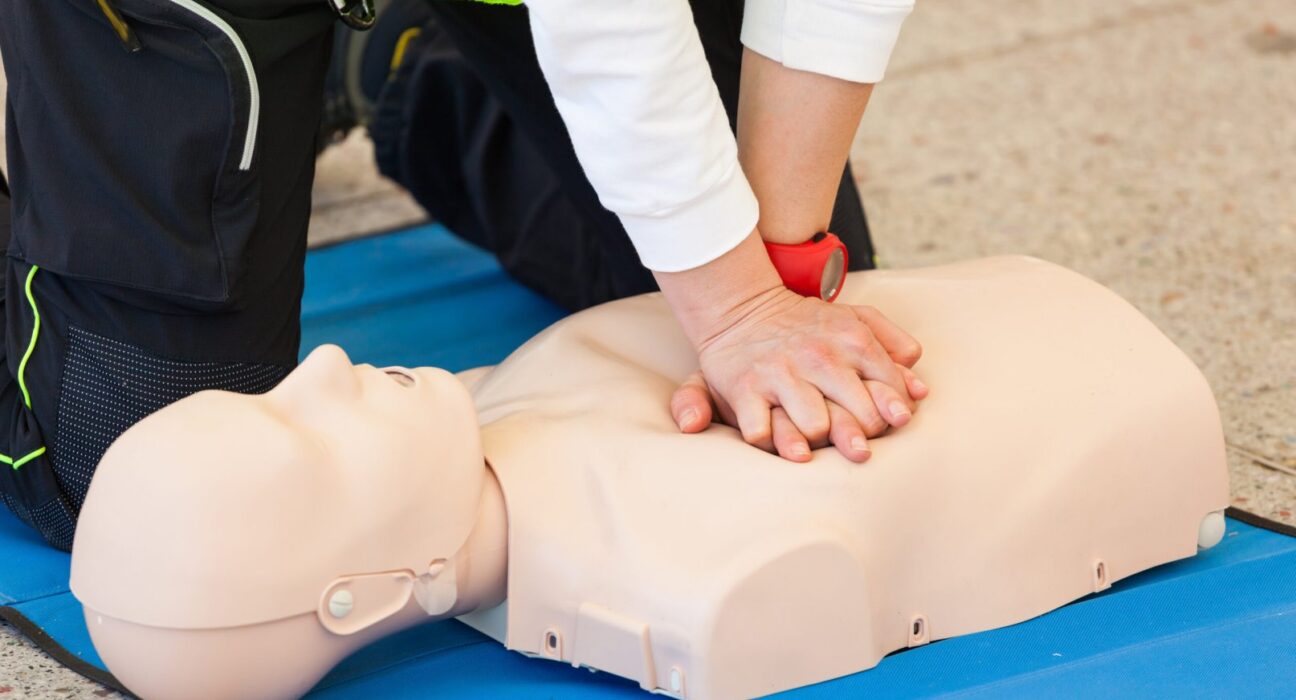Navigating the world of emergency medical care can be daunting. Understanding the differences between Basic Life Support (BLS) and Advanced Life Support (ALS) is crucial.
Are you curious about what each entails? Look no further.
In this blog, we will break down the training and certification requirements for BLS vs ALS. Learn about the skills each level covers and who needs which type.
Stay informed and make the best decision for your career in emergency medicine. Keep on reading!
What Is Basic Life Support?
Basic Life Support, or BLS, is crucial care for people with serious illness or injury until they can get full medical help.
BLS training teaches you how to keep someone’s airway open, help them breathe, and keep their blood flowing without advanced tools.
This training is important for healthcare workers, emergency responders, and even regular people who might need help in an emergency.
BLS Training Requirements
BLS training is easy to understand and open to everyone.
To get BLS certified, you need to take a course that has both learning and hands-on practice. You’ll learn important things like CPR for adults, kids, and babies, how to use an AED, and what to do if someone is choking.
What Is Advanced Life Support?
Advanced Life Support (ALS) is a more advanced level of emergency care.
It includes special medical procedures and treatments like advanced airway management, IV therapy, and giving medications. This training is usually for healthcare workers like paramedics, nurses, and doctors.
ALS Training Commitments
Training for ALS medical certifications is much tougher and needs a better understanding and skills.
To get ALS certified, you need to go through intensive training, including classroom lessons and hands-on practice with advanced medical tools.
The course covers detailed emergency protocols, medication, and advanced heart support techniques. ALS courses usually take several days to finish and often require you to be BLS certified first.
Certification and Recertification Process
BLS and ALS certifications are only valid for a certain time and need to be renewed regularly to keep skills sharp.
BLS certification usually lasts for two years. After that, you need to take a short review course and an updated skills test.
ALS certification also needs to be renewed every two years. The renewal process for ALS might include a detailed refresher course and a reassessment because medical guidelines and practices often change.
How to Choose Between BLS and ALS
Deciding between BLS and ALS depends on your job and career goals. If you’re starting in healthcare, like a nursing assistant or EMT, BLS is usually enough.
But if you want a job with more patient interaction, advanced procedures, or leadership in emergencies, you might need ALS. Knowing what your job requires can help you choose.
For easy and trustworthy certification programs, MyCPR NOW offers different options approved for both healthcare professionals and regular people. Make sure the program you pick is recognized and respected in the medical field.
BLS vs ALS: Which Path Is Right for You
When it comes to emergency medical care, BLS and ALS are different. Basic life support (BLS) skills are necessary to save lives. However, ALS is very important for more complicated medical situations.
Both certifications need hard work and practice. Remember that your career goals will determine whether you should get BLS vs ALS.
Learn new things and keep your skills up to date. For reliable training, think about programs with a good reputation that emphasizes quality and recognition.





